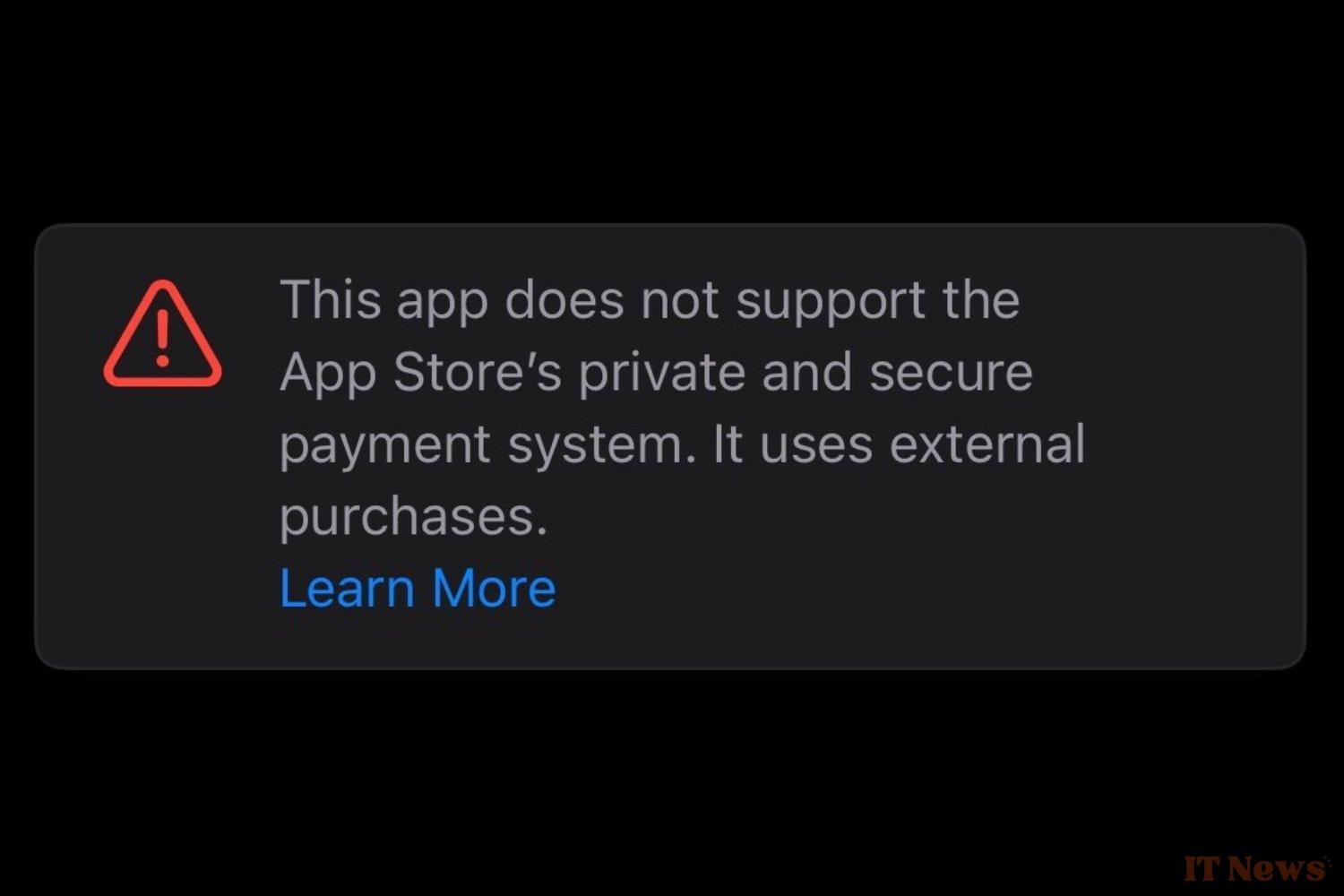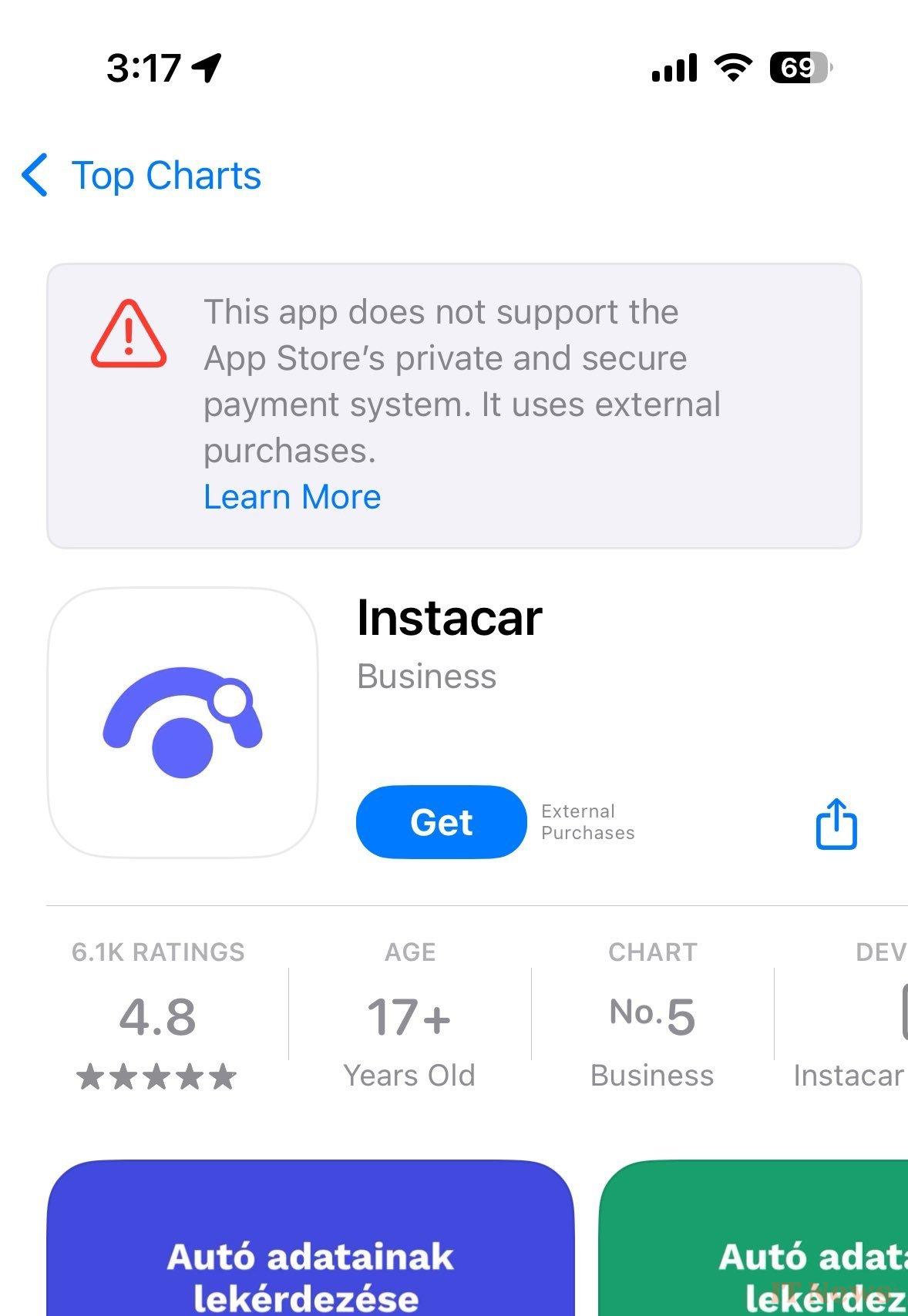Even with its back to the wall, Apple will not give up on its commission. Developers who sell virtual items or subscriptions to be consumed directly in their apps must go through the App Store billing system. This allows the manufacturer to collect a tithe of between 15 and 30% of the purchase. It's a profitable business: a recent study estimated that the commission brought in $10 billion last year.
Apple persists and signs
This famous commission, which many developers call a rent, is however in danger. In the United States, a resounding court decision authorizes developers to sell their subscriptions and virtual items online, from their apps. And in Europe, the Digital Markets Regulation (DMA) requires the same thing, although the criteria imposed by the Apple company are much more restrictive. This is what motivated the €500 million fine recently imposed by the European Commission.
Apple has a lot to lose in this story, but that doesn't stop it from using the most dubious practices to scare users tempted to buy online rather than in the App Store. When a user wants to buy something on the web from an app, they are bombarded with "scare screens," screens warning of the supposedly considerable dangers of using a credit card on the web.
And Apple isn't helping its situation. For the past few hours, apps that offer online purchases rather than in the App Store have been adorned with warning messages directly in their App Store listing. This is the case for Instacar, in Hungary, or ALPrelax in Austria.
The message says that "this app does not support the App Store's secure, private payment system. It uses external purchases." It is accompanied by a link to this page of the store, which releases Apple from any liability in the event of purchases outside the App Store. While warning the user that they will have to provide personal information—including banking information—to the developer or the third-party payment system.
It should be noted that online transactions are, in the overwhelming majority of cases, perfectly secure. Anyone who has bought anything on Amazon or subscribed to Netflix can attest to this. Apple clearly still sees online shopping as the Wild West, a completely outdated vision. But anything goes to scare people.
We'll see what the European Commission thinks of this new warning sign—probably not a good one.
Source: Michael Tsai




0 Comments